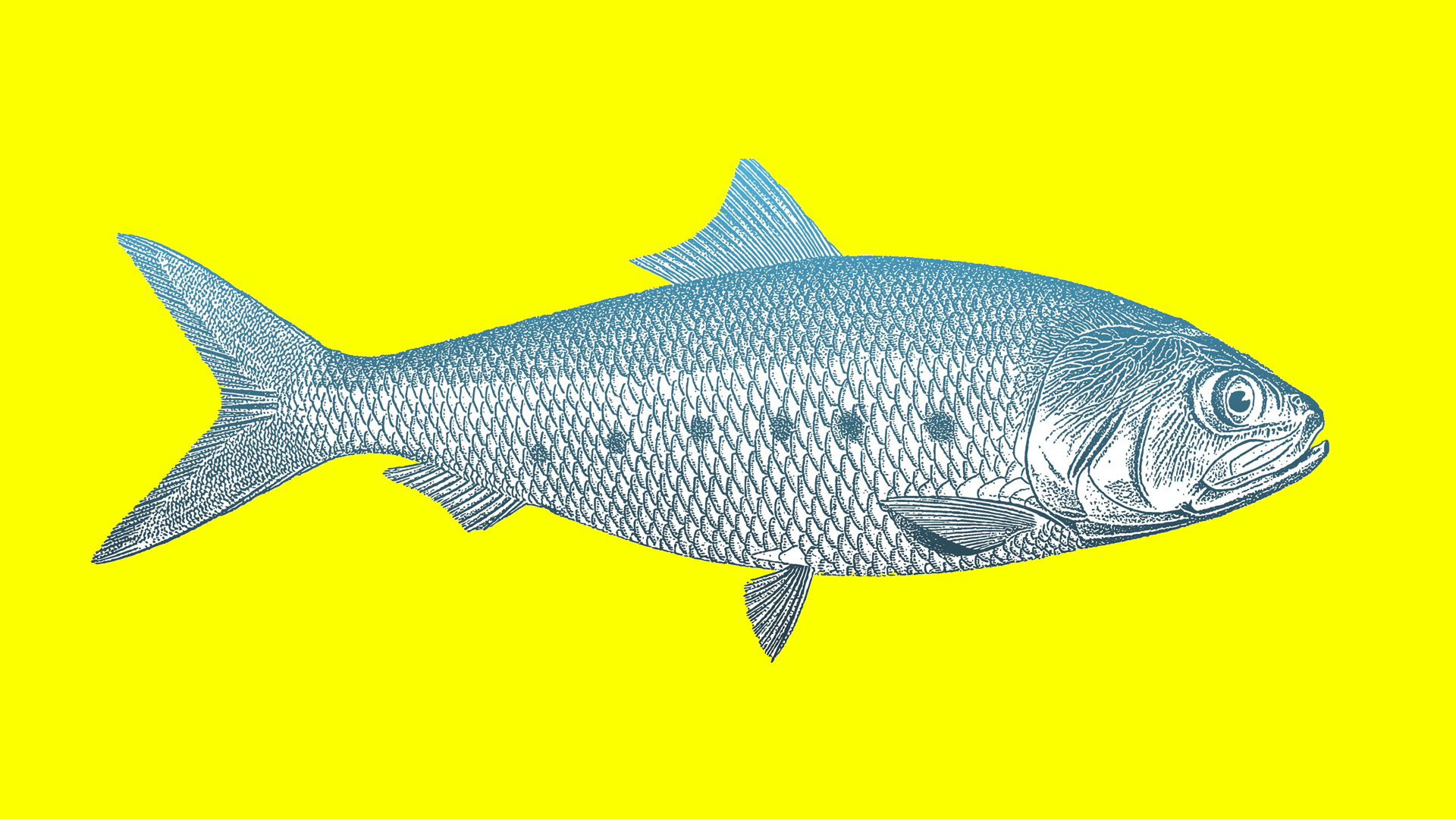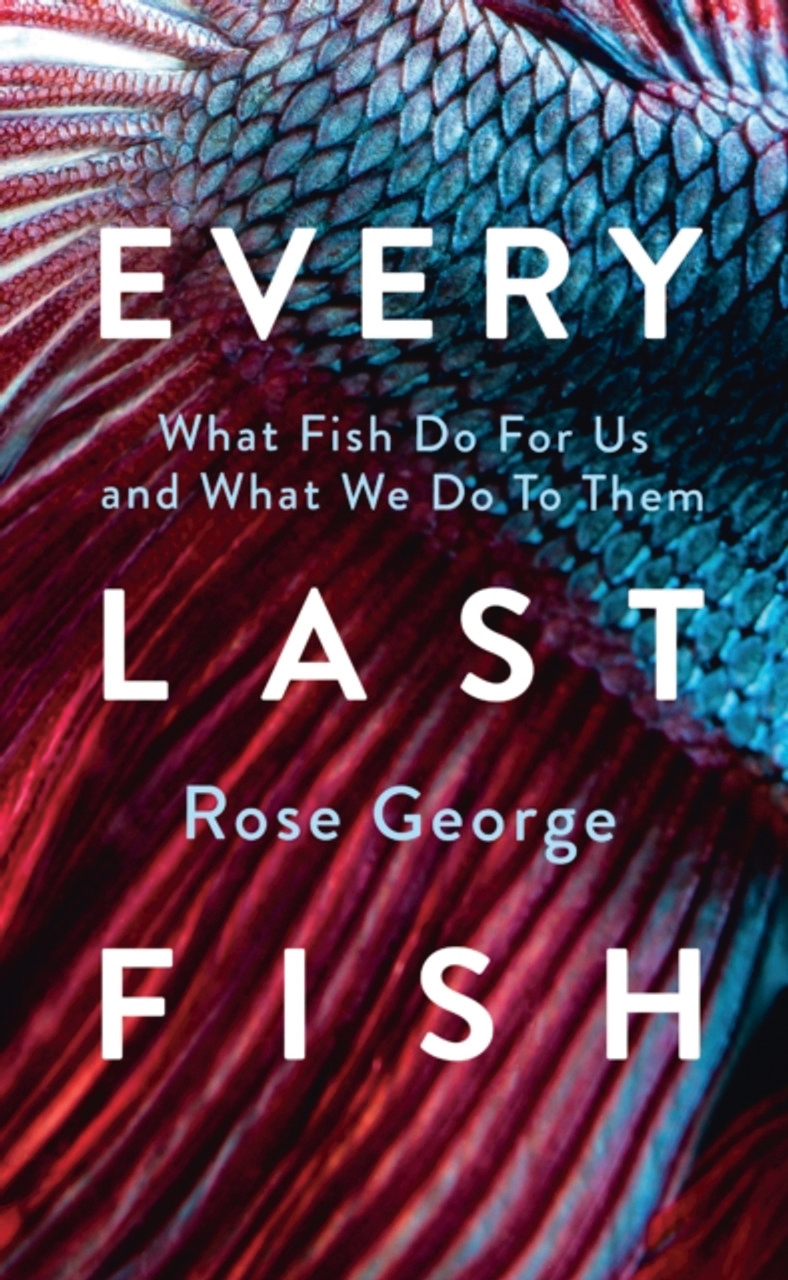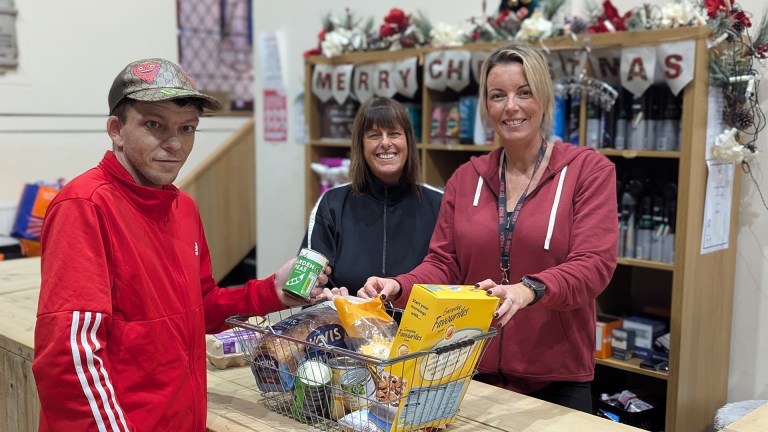For every 300 turtles that swam in the Caribbean, there is now one. North Atlantic cod was massacred into near-extinction – in 1992, it was at 1% of historical stock levels – and is barely recovering. The Food and Agriculture Organization of the United Nations (FAO)’s 2024 report, The State of World Fisheries and Aquaculture, concluded that a third of global stocks are overfished and that four-fifths of fish populations are what the FAO calls “maximally sustainably fished”. Another UN organisation, UNCTAD, is starker, saying that, “Nearly 90% of the world’s fish stocks are now fully exploited, overexploited or depleted.”
Read more:
“Overfishing” seems a simple concept. It is actually a technical term that provokes raging debate in scientific journals. The most common calculation uses ‘maximum sustainable yield’, a complicated way of assessing how many fishes can be safely fished without the population collapsing. I like best the definition of overfishing from the Environmental Defense Fund: “Catching too many fish at once.”
Catching too many fish means that the breeding population is reduced, as well as the number of juveniles, and the population cannot recover. Catching juvenile fish is like kicking the legs out from under the future. And still we do it and with such gusto. Fishing efforts multiplied nine times between 1970 and 2008. And there is no sign they will stop. Humans now fish everywhere, all the time.
The great fisheries scientist Daniel Pauly once wrote a review of a book about menhaden, a small oily fish that has been plundered beyond common sense, and wondered whether the book would be “yet another helpless commentary on how we are trashing our oceans”.
The bad news for anyone who wants there to be healthy populations of fish in the ocean – which is actually fishers and conservationists both, although fishers often don’t accept it – seems overwhelming. But we are not helpless. Far from it. If I had the power, I would immediately put a stop to countries subsidising their fishing fleets so they can go further and fish more. There is a movement at the World Trade Organization to do this, and it would be momentous.
Advertising helps fund Big Issue’s mission to end poverty
I would ban fishing and industrial human activity from 30% of the ocean, because when even small areas of ocean are left alone, they recover with surprising rapidity. Fish populations grow again, and those fishes swim beyond the protected areas, so more areas of the ocean benefit.
The only puzzle is why there are not more properly protected areas of ocean (that “properly” is doing a lot of work when in the UK, 71 out of 73 “Marine Protected Areas” allow bottom trawling, the most damaging form of fishing). The fishing industry doesn’t seem to see that it would benefit too.
As for you, you are not helpless either. Eat fish by all means, but just eat a different one. Every country has its top five favourite fish to eat. In the UK, that is tuna, salmon, haddock, cod and prawns. Most of those are imported (along with 80% of all the seafood consumed), and they are under pressure.
Next time you’re at the fish counter, swerve the salmon and pick some trout. Have some tilapia not cod; sea bass not haddock. Each choice will be a small ripple, but ripples are what big waves begin as. The sea can heal itself, if we let it.
Rose George is a journalist and author. Her book, Every Last Fish, is out now (Granta Books, £20).
You can buy it from the Big Issue shop on bookshop.org, which helps to support Big Issue and independent bookshops.
Advertising helps fund Big Issue’s mission to end poverty
Do you have a story to tell or opinions to share about this? Get in touch and tell us more.
Change a vendor’s life this Christmas.
Buy from your local Big Issue vendor every week – or support online with a vendor support kit or a subscription – and help people work their way out of poverty with dignity.







